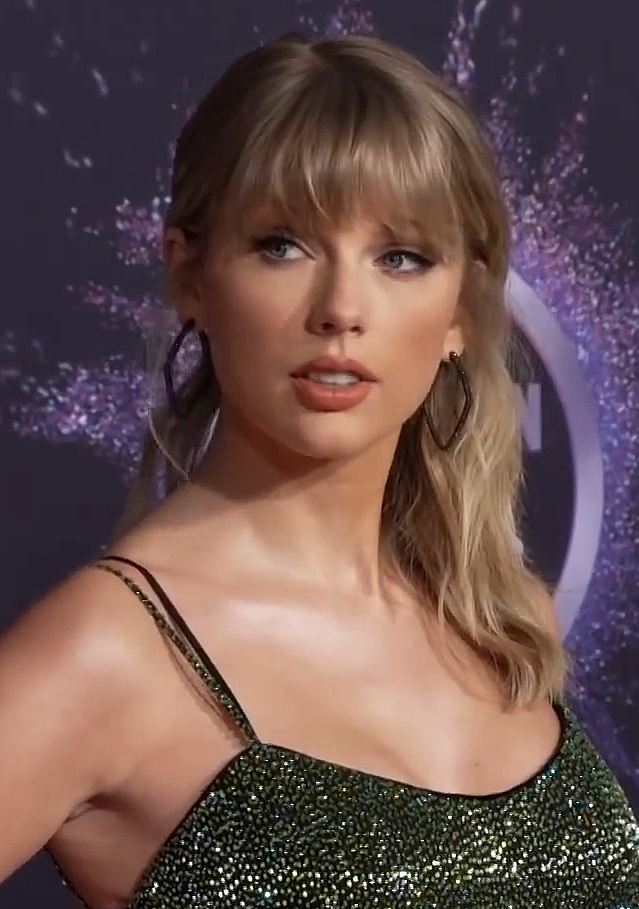The Financial Times published yesterday that the master recordings of mega-star Taylor Swift were sold to a private equity firm. These master recordings are the basis for Swift’s songs, and are the copies played on various streaming platforms, movies, and records sold. The sale, estimated in the hundererds of millions of dollars, did not grant Swift even one cent.
Swift’s mechanical rights, meaning the rights in the master recording (and not the lyrics and music) were owned by the record producer. This is one of the terrible outcomes of copyright laws. Therefore, the investment firm expects to make a hefty profit from these rights, when these recordings are used in various media.
My solution, of course, is that Swift joins the open source movement, and in order to entice away future deals that take away mechanical rights from artists, she releases a new copy of all her recordings, in an open, royalty-free, version.
This post will take you on a short journey. I’ll explain what are mechanical rights, why would you invest in such a right, what is debasing, and how to solve the problem here.
And Taylor, if you’re reading this; please act accordingly.

What are royalties? mechanical rights?
A musical work may seem to us laymen as one work, but copyright laws think differently. A song is comprised of three different rights (some claim just two). The first is the actual copyright. The work itself. Copyright laws protect original works of authorship. They must be original, and creative. This right in the work, however, is split to two different rights: the right in the lyrics and the right in the music.
If you go back and look at the Beatles, John Lennon and Paul McCartney had joint credit for both lyrics and music, but in other cases, lyrics could be attributed to one person and the music to the other. Beyonce’s song “Single Ladies” has ten different credits.
This means that if I take a song’s lyrics and put a new melody on them, I only need to pay royalties for the lyrics, and not the music, and vice versa.
Another right is the Mechanical Right. This right sets the actual right in the music recording, production, arrangement. It means that if I play a record recorded in the studio, the producer is (usually) the owner of these records. And when a band plays the song live, it does not reproduce the original mechanical right. This is why most ads use cover versions: to save on mechanical rights.
So, usually, the rights are split in the following way: the artist (or the person who wrote the song) holds the copyrights, and the label, which paid for the recording, usually holds the mechanical rights (like in Swift’s case).
Why would you buy a master recording for $300M?
Why would a private equity firm invest a couple of hundred million dollars in mechanical rights? well, because every time a person streams a Swift song on Spotify, a sum of between $0.006 and $0.0084 is split between the copyright holder and the mechanical right holder. So If you hold the rights for the record of one of the most streamed artist in the world, you get a nice return on investment.
Another reason is incorporating the song into movies and TV shows. This is one of the reasons that in the Netflix re-runs of Dawson’s Creek, the legendary “I don’t want to wait” is not played. So, Swift knows that her songs are a part of culture, they are a voice of a generation. Therefore, they are heard quite a lot, and this isn’t expected to decline. Think of all the songs from the 1980s which are still incorporated into TV-shows.
Desbaser!
To every problem there is a solution. Do you know why gold and diamonds are so expensive? because they are rare! The same goes for these Taylor Swift records. Only because you have to pay the mechanical rights holder to play them are they valuable.
And you know what takes the value down? Debasing!
Debasing comes from Roman times, where the base for coinage was that it was worth its weight in precious metals because it was made from precious metals. Governments who needed more money mixed the base of these coins with cheaper metal, therefore debasing the coinage. Swift can do the same.
What will happen if Swift record these songs again, and offer broadcast organization a better deal: take these songs on the cheap. Swift is entitled to re-record her songs, she owns the copyrights. In that case, the Mechanical Rights are worthless. There is another recording.
Taylor’s Revenge. How-To.
But just debasing is not enough. Recording the songs again would cut the investment profits by some percentage points, but not in total. On another hand, if she decides to set these songs free, and offer them royalty free, then two things might happen: the first is that the investment value of the original master will go down to zero. It’s the same if the US started printing dollar bills like crazy. This would signal to the next label that if they ignore their artists, their repertoire is worthless.
This will also start a race to the bottom to free our culture. Music is a part of our culture. It is not owned by one person; it is owned by all of us.